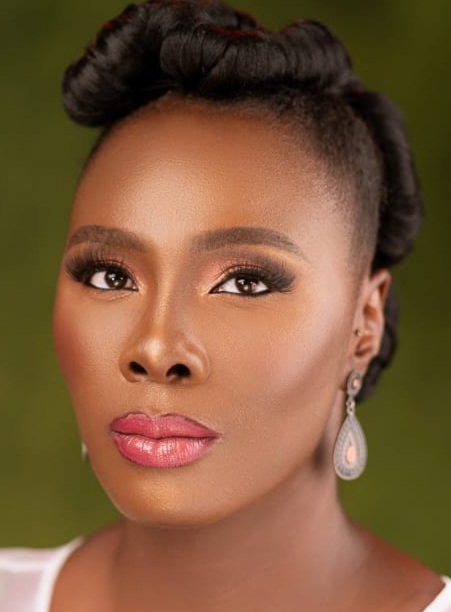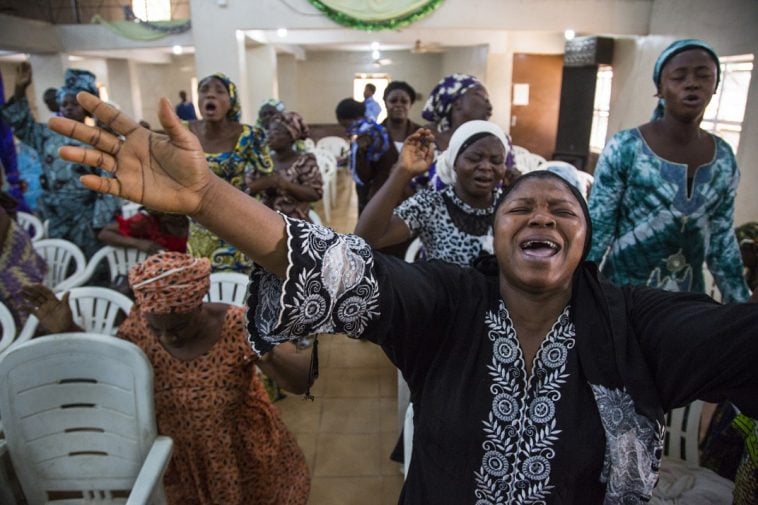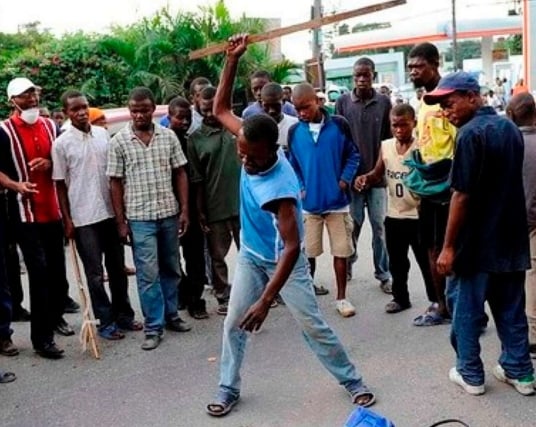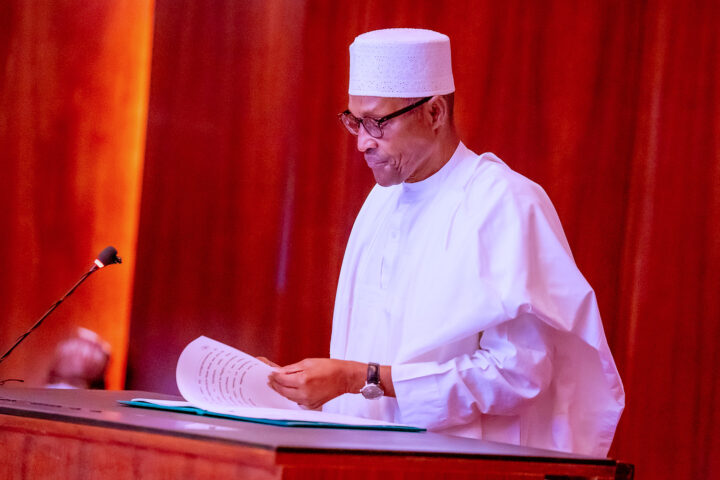Freedom House, according to their ‘Freedom in the World Report 2021’, stated that five (Benin, Burkina Faso, Guinea, Mali, and Nigeria) out of 12 countries experiencing a significant decline in a democracy are in West Africa. Ghana and Cape Verde are the only countries in West Africa that qualify as fully-fledged democracies in the region. Although civil society presence and the international communities’ surveillance of the region have strengthened access to political power through credible elections within the region, we are starting to see setbacks in political developments across the ECOWAS member states.
While ECOWAS continues to work at mitigating political crises as they develop within the region, it almost looks like some states are getting innovative at truncating the democratic process. The problems within the region are legion.
Mali and Guinea are experiencing the resurgence of military interruptions, which present political instability with devastating consequences on the economy. Some member states are pursuing political reforms that undermine electoral integrity, inclusiveness, and legitimacy thereby threatening stability, peace and security in the region. While political reforms are critical for enhancing democracy and inclusive socio-economic development, reforms that favour unconstitutional retention of power and deliberately exclude or disqualify political opponents are problematic. Others have clearly or covertly undermined fairness, integrity, rule of law and human rights – the hallmark of democratic norms and standards. The other states maintain a tradition of regime continuity and the oppression of dissent.
The excessive power vested in the executive and the flawed checks and balances do not help the protection of democratic processes in the region. Strong institutions exert checks on excess use of power by the executive. An independent and functioning judiciary, parliament, civil society and free press leave for a state that has respect for rule of law, democratic processes and human rights. Weak institutions of government facilitate poor leadership. During a 2009 visit to Ghana, former US President Barack Obama famously said in an address to the parliament, “Africa doesn’t need strongmen, it needs strong institutions.” I agree with him on that statement. Economic and security conditions have driven migration and allowed extremist groups to flourish. The absence of strong opposition parties that can challenge the policies and programmes of the ruling party further exacerbate these problems.
Advertisement
Sadly, strong, dense and vibrant civic groups that can act as a counterbalance to state hegemony are silenced and threatened using state mechanisms. The civic space — media, civil society, and traditional and faith-based institutions — provides a permanent independent check on state power. Ruling elites do not respect democratic values such as rule of law and human rights; opposition parties and pressure groups are forced or induced into abandoning their role of checking the excesses of state officials. Arbitrary censorship, suppression of dissenting voices, and fear of the centre do not provide for a progressive region.
Weak economies have led to scarce resources that persuade or force electorates to abandon democratic processes. This trend birthed the phrase, “weaponisation of poverty”. Citizens are “bought” to vote for the wrong choices. There is no separation between the state and the ruling party. Unilateral amendments to constitutions are employed by ruling parties to retain power. To advance the interest of the ruling party, state security forces and resources are exploited to coerce citizens and opposition groups.
Now, it is not all gloom and doom for us in the region. There is hope for our democracy but it requires coordinated efforts from every stakeholder in the public, private, and civil society sectors.
Advertisement
Continuing to build institutional infrastructure is the understated way to promote a democratic path for us within the region. Resilient institutions offer the best tonic to the crooked elite that are present everywhere. Judicial independence is a critical component of a functional democracy that is lacking in much of Africa. How do we advocate for judiciaries that are more independent and ensure the respect for rule of law within our democracies?
In Africa, our countries are heterogeneous, underdeveloped and sometimes, at the mercy of western interventionism. However, our heterogeneity is what makes us beautifully dynamic. How do we convert this to strength when developing our democracies and existing institutions? Maybe it is time to look within. I say, “African solutions to African problems”. Maybe there is no one size fits all approach to solving our problems within the region. However, we can start by developing a general framework, and then go further to creating resolutions within our varied contexts. Nigeria is a country with over 250 ethnic groups. Our culture, religions, and ways of life are so diverse that we need to realise that interventions that work in northern Nigeria will most likely not work in southern Nigeria. With six geo-political zones, there is no way that we can get governance right with one formula. Formulas for intervention need to be tailored to the complexity of the different regions and states in consideration.
The quality of democracies in the ECOWAS region is declining, driven by disrespect for constitutionalism, illegitimate and exclusionary electoral policies, weakened checks and balances, shrinking civic spaces, and increasing gender inequality. In this context, the implication of democratic backsliding in West Africa may continue to lead to a resurgence in coups d’état, regional instability, and negative effects on international peace and security. ECOWAS’ democracy and governance assistance is becoming increasingly difficult to execute, but ever more crucial to nurturing and consolidating legitimate democratic gains recorded in recent times.
I end this piece with a lesson worthy of learning from the Malawian President, Lazarus Chakwera, when in his inaugural speech; he stated that he would lead “a government that serves, not a government that rules”.
Advertisement
Views expressed by contributors are strictly personal and not of TheCable.
Add a comment







